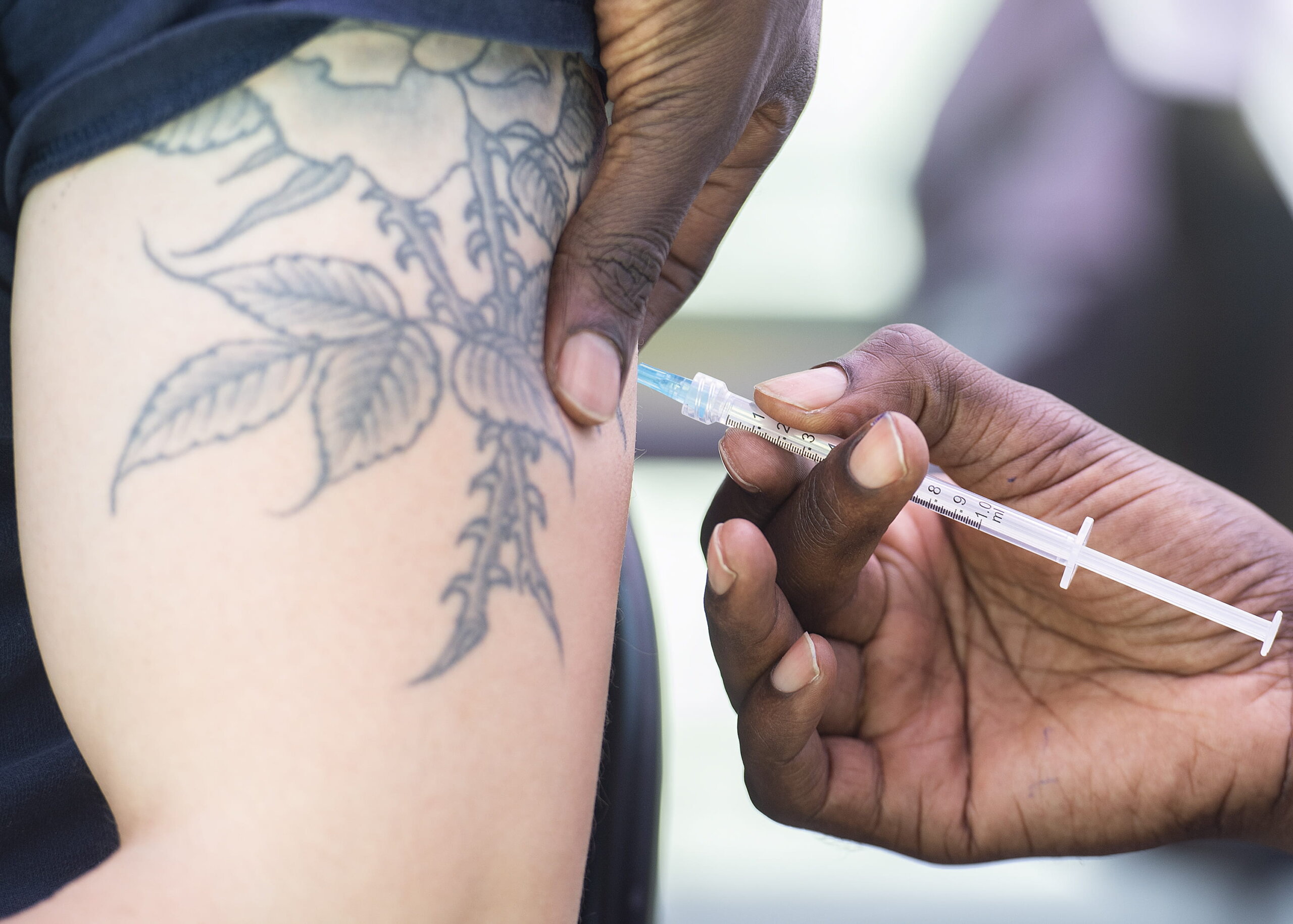As the World Health Organization declares monkeypox a “global health emergency,” the Canadian government is pledging one million dollars to LGBTQ2S+ groups to prevent the virus’ spread.
Minister of Environment and Climate Change Steven Guilbeault made the announcement last week amid highly criticized vaccine rollouts in both Canada and the United States. According to The Canadian Press, Guilbeault said the money would be distributed among local organizations educating queer and trans men about monkeypox prevention, including RÉZO, the AIDS Committee of Toronto and MAX Ottawa.
Canada’s public health agency will also retain $100,000 of the million pledged to combat any emerging issues related to the virus.
The Canadian government announced the allocation of these funds after nearly 700 cases of monkeypox have been reported in the country, although the actual number is likely much higher. Over 90 percent of cases have been concentrated in cities in Quebec and Ontario.
But as cases have risen over the past few weeks, the government has not made clear how many vaccines are actually available for distribution. Although the exact number is unknown, many people who have been able to get a vaccine appointment have only been offered one shot in an effort to make the most of the country’s supply. (The monkeypox vaccine requires two doses to be fully effective against the virus.)
Others, however, have found themselves unable to receive a vaccine where they live. According to CBC News, one resident of Newfoundland and Labrador, David Gosine, had to fly all the way to Quebec to be vaccinated—as his provincial government didn’t offer vaccines. Although there haven’t yet been cases of monkeypox in the province, Gosine said the lack of available treatment made him feel as if vulnerable populations were “sitting ducks” as they waited for monkeypox to come to their communities.
Vaccine rollout has been similarly slow in the U.S., where there are currently over 2,800 reported cases of monkeypox. Similarly to the spread of COVID-19, a series of critical mistakes have facilitated monkeypox’s rise in the U.S.: the country has failed to test widely for the virus, and the government didn’t order more vaccines until June, despite the virus beginning its spread in May. When vaccines did finally land in the U.S., technical issues prevented people from making appointments to get them.
The U.S. government has taken steps to improve the situation with what it has called an “enhanced strategy” to combat the virus. In June, President Joe Biden announced that 1.6 million monkeypox vaccines would be available by the end of the year, with vaccines being given to those with confirmed or presumed monkeypox exposure.
Monkeypox has disproportionately affected queer men: 98 percent of monkeypox patients are gay or bisexual males, according to a recent study by the New England Journal of Medicine. Epidemiologists, however, have emphasized that the disease could have begun its spread in any other community—with an increasing number of infections among children—and that it is not sexually transmitted. Close contact through rashes or fluids causes infection, medical authorities have claimed.
But despite doctors maintaining that this disease does not uniquely affect LGBTQ2S+ people, many activists suspect that the botched rollout of vaccines stems from a disregard for the community’s needs.
“It doesn’t escape me that we’re once again in a moment where there’s a lack of urgency when a public health crisis is impacting cis and trans men as well as non-binary folks within the same social and sexual networks,” said Tyler TerMeer, CEO of the San Francisco AIDS Foundation, recently told U.K. newspaper The Guardian.


 Why you can trust Xtra
Why you can trust Xtra


